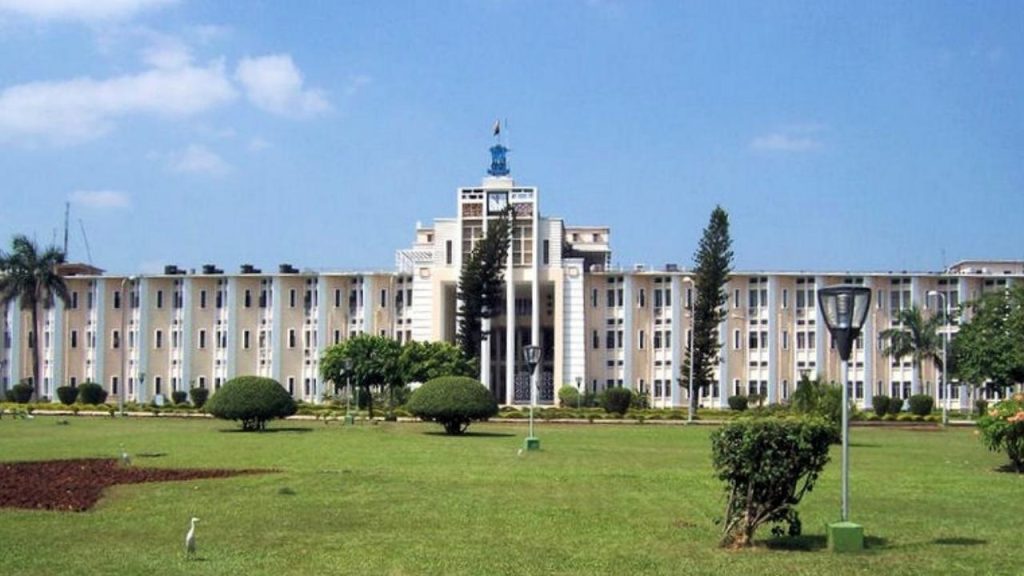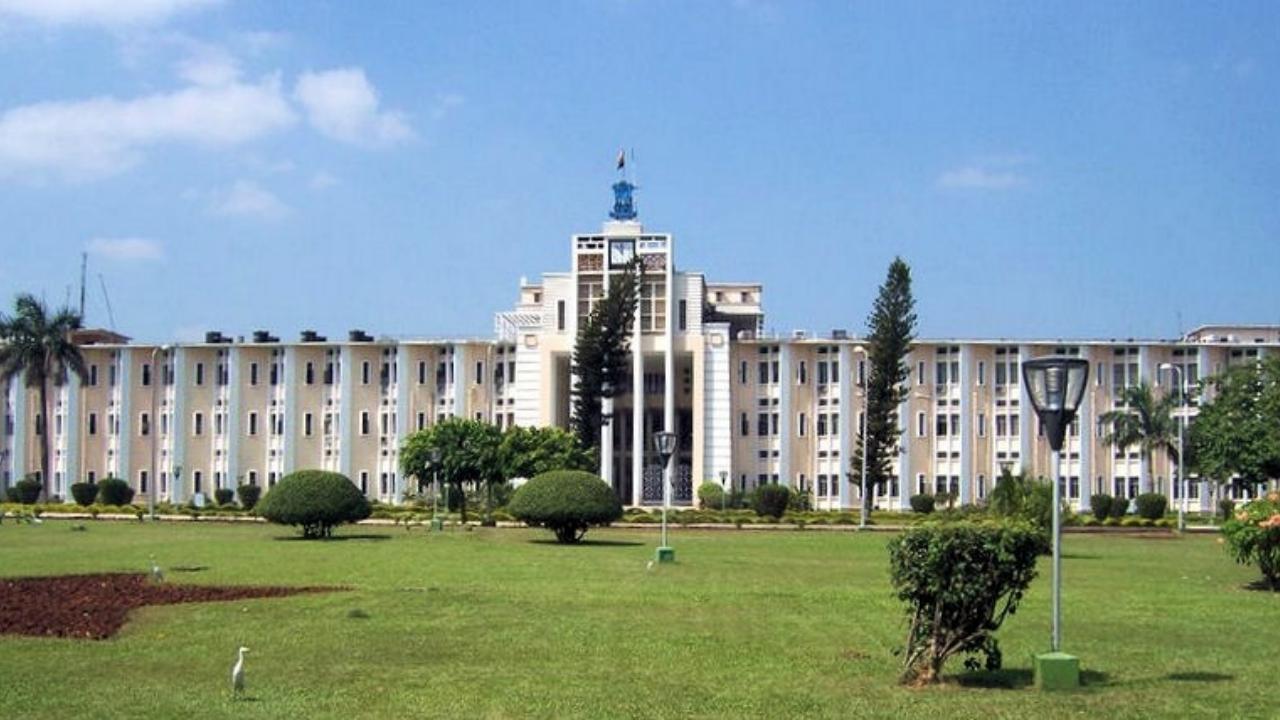The Government of Odisha has significantly increased the financial spending powers of its block-level officials, a strategic move aimed at accelerating the implementation of rural development projects. This key decision enhances Odisha local governance spending authority for Block Development Officers (BDOs) and engineers, empowering them to sanction projects more quickly and reduce administrative delays that previously slowed progress at the grassroots level.

The Odisha government’s decision to increase the financial powers of its local officials marks a significant shift towards more decentralised and efficient governance. By empowering BDOs and engineers, the state aims to dismantle bureaucratic hurdles and accelerate the pace of rural development. The success of this initiative will now hinge on the effective implementation of accountability measures to ensure that the increased financial autonomy leads to tangible and sustainable improvements in the lives of Odisha’s rural population.
Expanded Sanctioning Authority
In a notification issued by the state’s Finance Department, the government has revised the financial limits for officials within the Panchayati Raj and Drinking Water Department. The decision, approved by the state cabinet, is designed to decentralise authority and ensure that development work is not hampered by procedural red tape.
Under the new rules, the financial power of key officials has been substantially raised:
- Block Development Officers (BDOs) can now sanction projects worth up to ₹10 lakh, a significant increase from the previous limit.
- Assistant Executive Engineers (AEEs) have had their sanctioning power increased from ₹5 lakh to ₹50 lakh.
- Executive Engineers (EEs) are now authorised to approve works with an estimated value of up to ₹2 crore.
- Superintending Engineers can sanction projects up to ₹5 crore.
A senior official from the Panchayati Raj Department stated, “This delegation of financial power is a crucial step towards strengthening our decentralised administration. It will drastically cut down the time between project conception and execution, ensuring that benefits reach the citizens faster.”
Objective: Faster Rural Development
The primary objective behind this reform is to expedite rural development and infrastructure projects. Previously, files for projects exceeding the lower financial limits had to be sent to higher authorities in Bhubaneswar for approval, a process that often took several weeks or even months. This created significant bottlenecks, delaying essential works like the construction of rural roads, community centres, drinking water facilities, and small irrigation projects.
By empowering officials at the block and district levels, the government anticipates a more dynamic and responsive implementation process. “The goal is to ensure that when a need is identified in a village, the local administration has the authority and the resources to address it promptly without waiting for clearances from the state headquarters,” the official added. This move aligns with the state’s broader ‘5T’ (Teamwork, Technology, Transparency, Transformation, and Time Limit) governance model, which prioritises efficiency and timely service delivery.

Ensuring Accountability and Oversight
While the reform grants more autonomy, the state government has also emphasised the importance of maintaining strict accountability and transparency. The enhanced financial powers come with a framework of robust monitoring and auditing mechanisms to prevent misuse of funds.
Odisha CM Majhi’s First Year Marked by Controversies and Communal Tensions
Dr. R.M. Sharma, a public policy expert and former administrator, commented on the development. “Decentralisation is essential for effective governance, and this is a positive step. However, its success will depend on the strength of the oversight systems,” Dr. Sharma explained. “Concurrent audits, social audits involving community participation, and the use of technology for project tracking will be critical to ensure that the increased spending authority translates into real, quality assets on the ground.”
The government plans to leverage its existing online portals and project management tools to monitor the progress and expenditure of all sanctioned works in real-time, ensuring that the principles of transparency are upheld.





